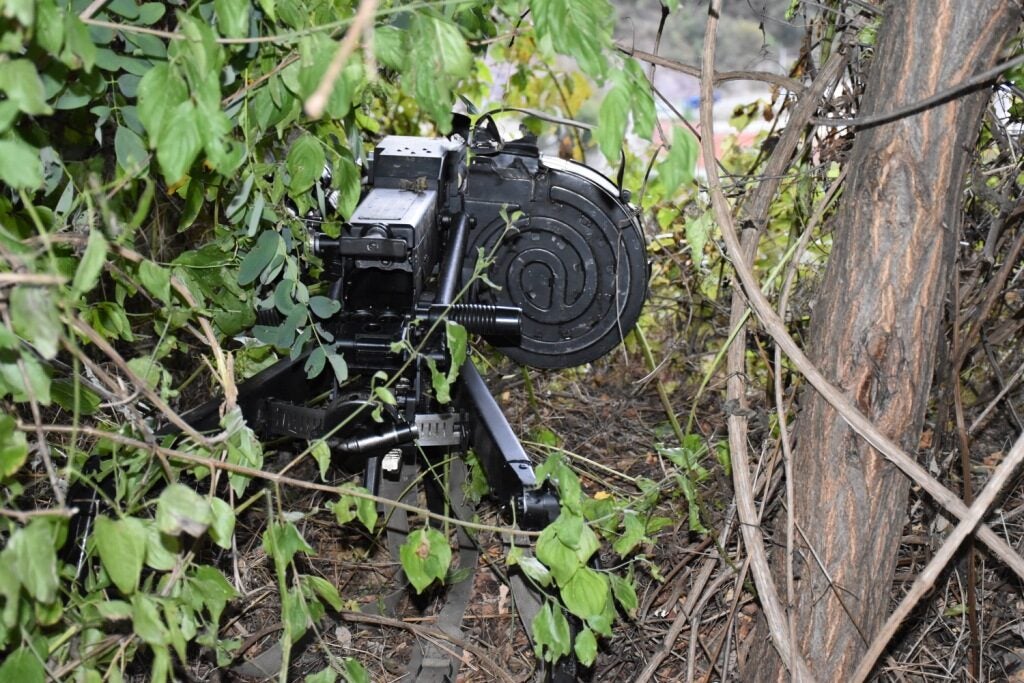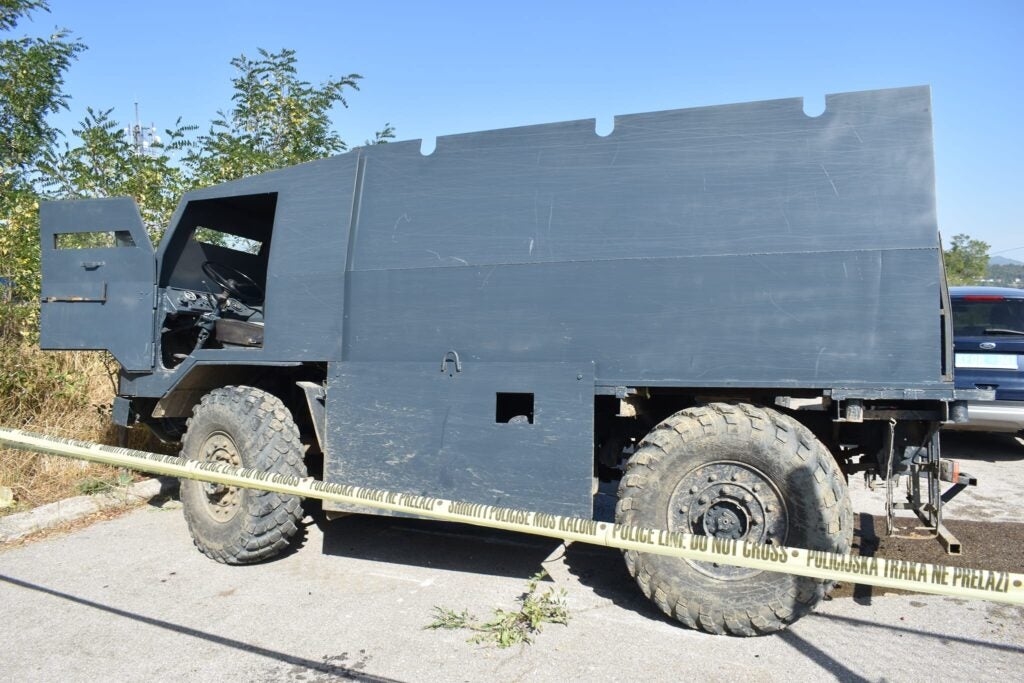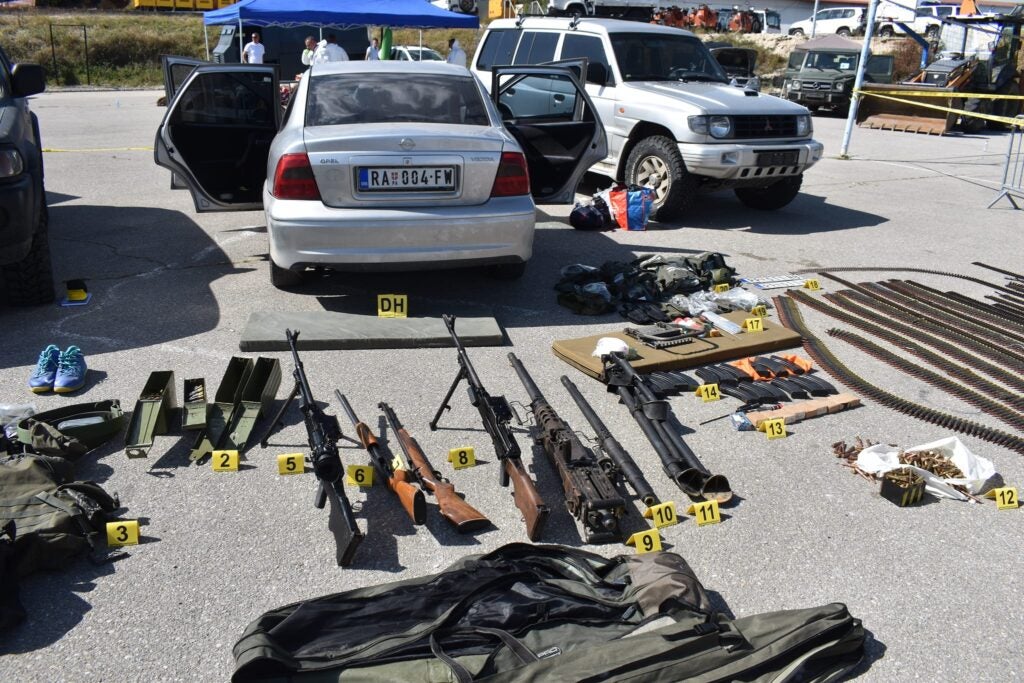Kosovo Prime Minister: Monastery Attack Part Of Annexation Plan
Kosovo’s Prime Minister, Albin Kurti, claimed on Monday that planning documents recovered by the Kosovo Police following a 24 September attack by ethnic Serb militants showed that it was part of a larger plan to forcibly annex northern Kosovo.
In a post on X, Kurti said that the Banjska attack that killed a policeman was supposed to have been part of a coordinated attack on 37 distinct positions. “Establishing a corridor to Serbia would follow, to enable supply of arms & troops”, added Kurti.
The Prime Minister’s statement came a day after the government of Kosovo uploaded thermal imaging footage recovered from drones used by the attackers, claiming that the footage showed the militants training at a Serbian Army base in Pasuljanske Livade. This, Kurti said, demonstrated that the militants “enjoyed the full support & planning of the Serbian state”.
Kosovar authorities had previously released surveillance drone footage identifying the vice president of the Serb List political party, Milan Radoičić, as the leader of the attack. Radoičić, who fled to Belgrade following the attack’s failure, has since claimed sole responsibility for planning the attack and resigned his membership of the party, which has long been believed to receive support from the Serbian government.
Also on Sunday, Pristina called upon Belgrade to fully withdraw Serbian troops and military equipment stationed on the border since late last week. Serbian President Aleksandar Vučić announced on 30 September, that he had ordered a partial withdrawal of Serbian forces deployed to the border following the attack, following a phone call from United States Secretary of State Antony Blinken, with Blinken calling for attackers that had fled to Serbia to be held accountable, and for an immediate deescalation.
The 24 September attack saw Serb militants take over the Banjska Monastery in northern Kosovo after ambushing Kosovo Police units investigating reports of trucks blocking the entrance to the village. Kosovo Police special forces retook the monastery later that day, with three militants reported dead and one captured.

The rest of the attackers are believed to have escaped after abandoning weaponry including automatic grenade launchers and light anti-tank weapons, as well an armored vehicle they used for transport.

Following the attack, Vučić declared September 27 a day of mourning for the three killed attackers, describing them as ‘martyrs’ and claiming that Pristina was conducting an ethnic cleansing campaign against Serbs in Kosovo.

